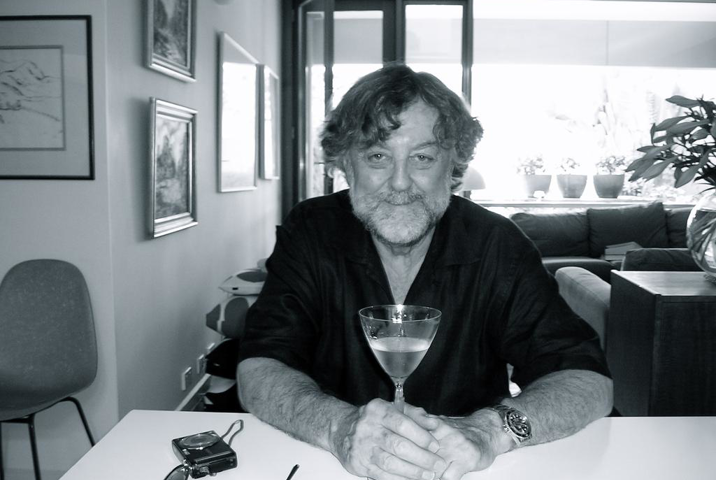
Tony Clifton

Tony Clifton
Tony Clifton spent 40 years working as a foreign correspondent, covering conflicts around the world for publications like Newsweek and the London Sunday Times.
Tony began as cadet in Benalla in 1956. He was first shot at (by an IRA sniper) while working for London Sunday Times, 1969. In Biafra, he was arrested at gunpoint for reporting and deported.
For Newsweek, he reported wars while based in England, Lebanon, Hong Kong, United States and India. He covered the India–Pakistan war of 1971 which resulted in formation of Bangladesh.
During a five-year period from late 1970 to 1975, he covered the wars of that period: Vietnam., Cambodia Laos, as well as Muslim insurrections in the Philippines. He moved to Beirut in 1971 and lived there through the Lebanon civil war, ending his stay in 1982 when Israel invaded Lebanon. He wrote God Cried about that war.
He also spent considerable time in Iran and Iraq at that time, covering fall of Shah, rise of Khomeini, and the vicious war between Iran and Iraq (he saw frontline action from both sides). He was in Tiananmen Square in Beijing, then later in Shanghai during crackdown on student protestors.
He covered the first Gulf War in 1991, moving forward with tanks of the US army’s Tiger Brigade from Saudi Arabia into Kuwait. He was in Kabul to report the Taliban take-over. And he was in Sri Lanka for the civil war against the Tamil Tigers.
The last war he covered in depth was the Indo-Pakistan ‘war in the mountains’ of 1998, where he fought in the foothills of the Himalayas. This was the first war fought between nuclear armed countries.
Although Australian, he spent most of his 40 years on the road reporting for English and American papers, so has never seen the Australian military in action.